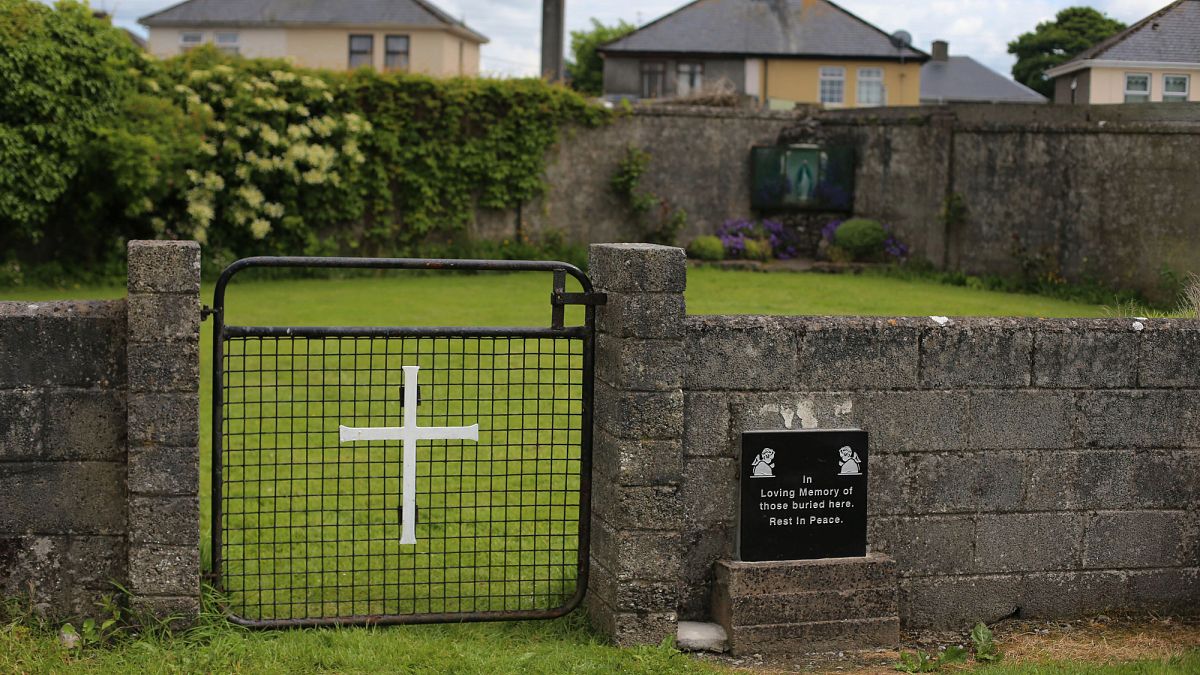Video. Finland: artists from among the indigenous peoples appear at the Midnight Rapt festival
Rapper Jungmikvik, also known as Mikhka Lati, founded this event in Utsjoki in order to share the culture themselves through music. He interprets the language himself, the language in which the only recognized indigenous peoples of Europe speak. Despite the fact that the weather is changing in FELS, the public gathered until the late night … Read more







